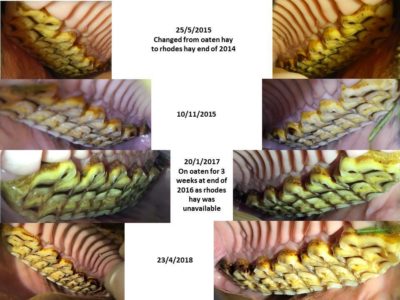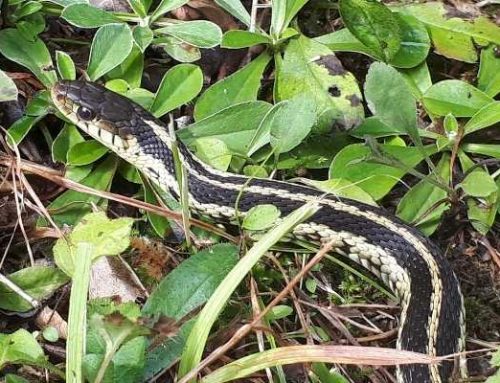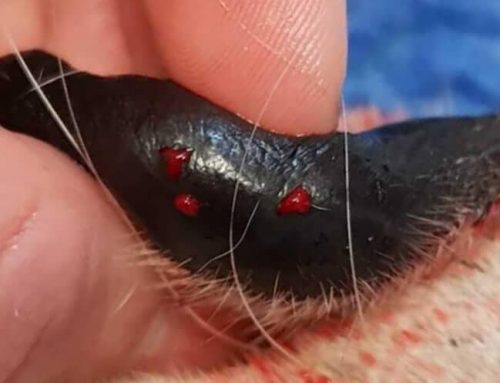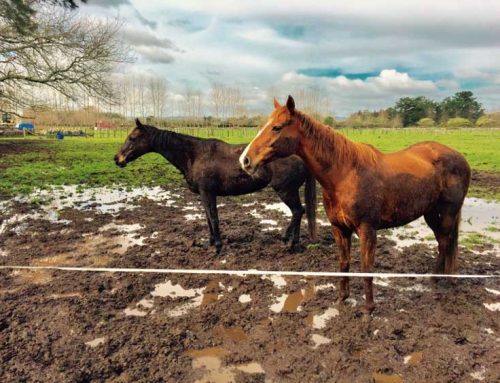Dental Caries In Horses – How To Prevent Holes In Teeth
Dental caries in horses are not as uncommon as you may think.
Horses do get cavities and they are just as prone to these as us humans.
A hole in a tooth is called a carie and in this Hey Doc tutorial Dr Leigh will discuss how horses get them with dental vet Dr Kirsten Jackson BSc BVMS (Hons) MANZCVS (Equine Dentistry) from Dental Vet in Perth, Australia.
Peripheral caries is a fairly severe form of dental decay in horses. In the more severe cases it can lead to:
- tooth fracture – as the enamel underneath is very brittle so can snap without the support of the peripheral cementum,
- soft tissue trauma – as the unprotected enamel is very sharp,
- it creates gaps between the teeth so we get periodontal disease – feed getting caught and infection between the teeth,
- it can result in apical infection if the bacteria get into the pulp system
- teeth wear faster as they are weaker
Dental caries can be a particularly nasty condition, therefore, we need to ensure that we aren’t contributing to peripheral dental caries by feeding our horses the wrong type of diet.
In this tutorial Dr Kirsten will cover:
1. Why dental caries occurs?
2. What feeds are more likely to cause dental caries (is it just feed or genetic too?)?
3. How prevalent dental caries is in the horse population?
4. What can owners do at home to prevent dental caries?
Check out the tutorial below, it will show live at 7.30pm AEST (check your time zone here)
Hey Doc: How do I feed my horse to prevent dental caries (holes)?
Hey Doc: How do I feed my horse to prevent dental caries (holes)?
Tonight Dr Leigh is speaking with Dr Kirsten Jackson equine dental vet all about your horse’s teeth.Dr Kirsten is currently completing a PhD on equine caries (holes in teeth) and how what you feed your horse can have a huge effect on your horse’s dental health.
Dr Kirsten has published papers in the Equine Veterinary Journal and the Journal of Veterinary Dentistry and has presented her research at the European Veterinary Dentistry society’s annual conference in Europe and at the Australian Bain Fallon conference.
If you are interested in utilising Dr Kirsten’s services, her practice Dental Vet is Perth’s only Equine Veterinary Dentistry Clinic (located in Forrestdale).
Dr Kirsten performs all types of dental care from regular examinations to allowing the facilitation of more advanced dental procedures for horses in WA (endodontics and restorations).
Fast forward at the start….we had some sound issues!
Posted by Your Vet Online on Tuesday, 28 August 2018





is this live ?